Elevate your local knowledge
Sign up for the iNFOnews newsletter today!
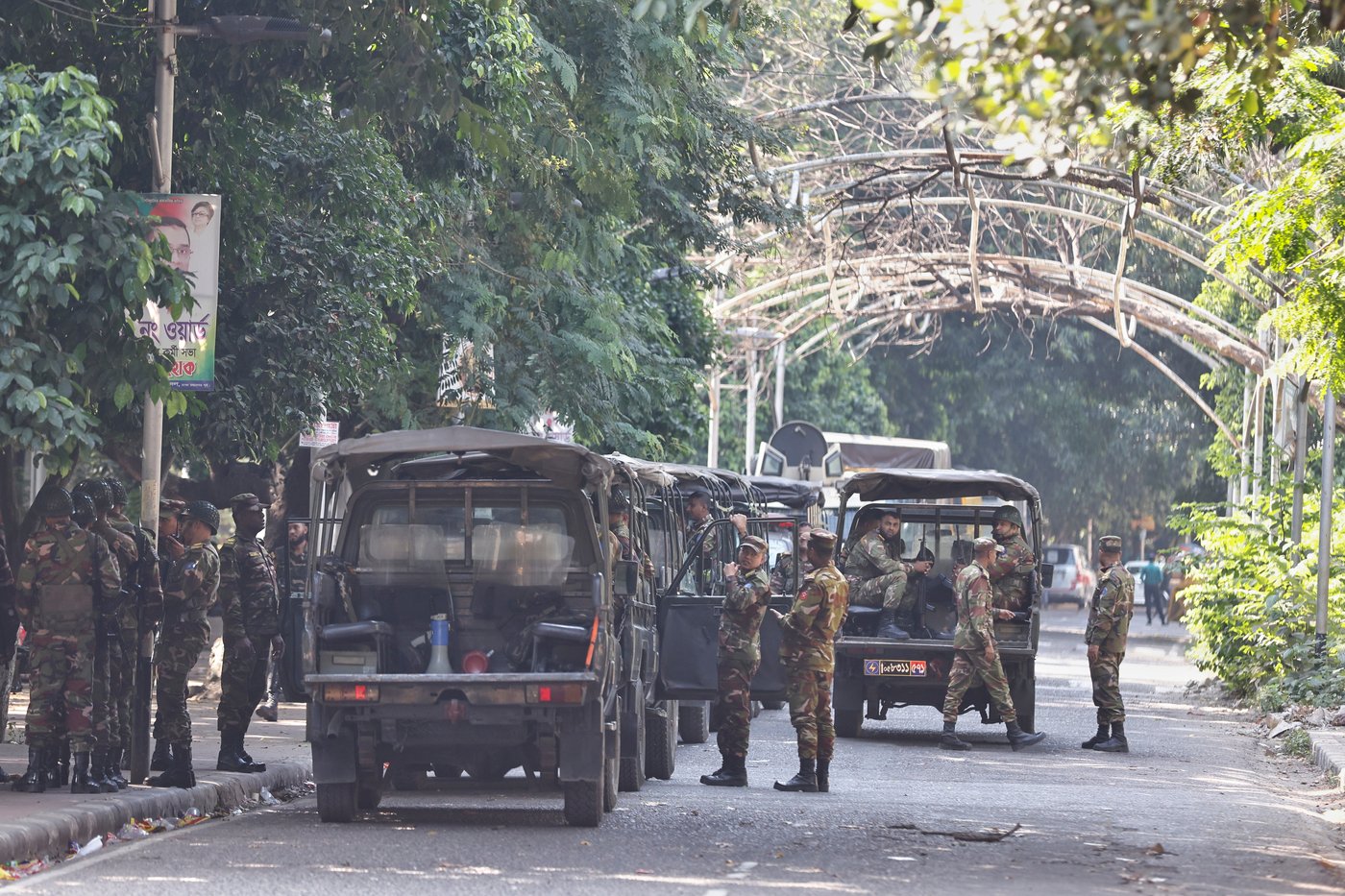
DHAKA, Bangladesh (AP) — Bangladesh’s capital and major cities were calm Tuesday despite a call for a nationwide shutdown by the former ruling party of ousted Prime Minister Sheikh Hasina after she was sentenced to death over her crackdown on a student uprising last year.
The International Crimes Tribunal handed down death sentences in absentia to Hasina and former Home Minister Asaduzzaman Khan on Monday for their involvement in deadly force used against protesters last year.
Hasina’s former ruling Awami League party rejected the court proceedings Monday, calling it “a kangaroo court” and called for a nationwide shutdown the next day.
Hasina’s opponents clashed with police and soldiers until late Monday and attempted to use excavators to demolish the home of her father, Bangladesh independence leader Sheikh Mujibur Rahman. Local media reported the home of former President Abdul Hamid, a veteran Awami League leader, was vandalized in the northeastern Kishoreganj district.
But on Tuesday, there was no closure of services or shops and schools, although some people expressed tension and confusion over what lies ahead for the South Asian nation, a parliamentary democracy of 170 million people.
Mohammad Saikot Hossain, a Dhaka businessman, said there is “no real rule of law here” and he worries about his children’s future.
“Those who ruled the country before shaped the law in their own way, and those who are ruling now are also shaping the law in their own way,” he said. “Our next generation is growing up in this environment. They have no aim and no future. I am very worried about where they will go and what they will do in the days to come.”
Hasina, 78, was convicted Monday on five charges of crimes against humanity. She also was sentenced to prison until natural death for making inflammatory remarks and ordering the extermination of student protesters with helicopters, drones and lethal weapons.
A former police chief was sentenced to five years’ imprisonment after pleading guilty and becoming a state witness against Hasina.
Bangladesh experienced weeks of student-led protests in July and August last year. Demonstrators voiced discontent over a quota system for allocating government jobs that critics said favored those with connections to Hasina’s party. More than 800 people were killed and about 14,000 were injured, Bangladesh’s interim government reported. The United Nations in February estimated that as many as 1,400 people were killed.
The uprising led to the collapse of Hasina’s 15-year rule on Aug. 5, 2024. Hasina and Khan fled to India, which has declined to extradite them, making it unlikely they would ever be executed or imprisoned.
Hasina cannot appeal unless she surrenders or is arrested within 30 days of the sentencing. She and Khan did not designate defense lawyers and rejected a state-appointed defense attorney for the tribunal.
On Monday, she said the charges were unjustified, arguing that she and Khan “acted in good faith and were trying to minimize the loss of life.”
“We lost control of the situation, but to characterize what happened as a premeditated assault on citizens is simply to misread the facts,” she said in a statement.
The U.N. said Hasina’s sentencing marked “an important moment for victims of the grave violations committed during the suppression of protests last year.”
New York-based Human Rights Watch expressed misgivings, saying the trial process raised “serious human rights concerns” and questioned statements by the witnesses and the conduct of the defense appointed by the state.
“There is enduring anger and anguish in Bangladesh over Hasina’s repressive rule, but all criminal proceedings need to meet international fair trial standards,” said Meenakshi Ganguly, Human Rights Watch deputy Asia director.
Those responsible for the “horrific abuses” under the Hasina administration should be held to account after “impartial investigations and credible trials,” Ganguly said.
Amnesty International Secretary General Agnès Callamard protested the death sentence and said “this trial and sentence is neither fair nor just.”
“This was not a fair trial,” Callamard said in a statement Monday. “The victims of July 2024 deserve far better. Bangladesh needs a justice process that is scrupulously fair and fully impartial beyond all suspicion of bias and does not resort to order further human rights violations through the death penalty.”
The sentencing came as Bangladesh grapples with stability under an interim government headed by Nobel Peace Prize laureate Muhammad Yunus, who took over an interim government three days after Hasina was ousted. An election is planned for February, although specific dates have not been announced.
___
AP video journalist Al Emrun Garjon contributed to this report.
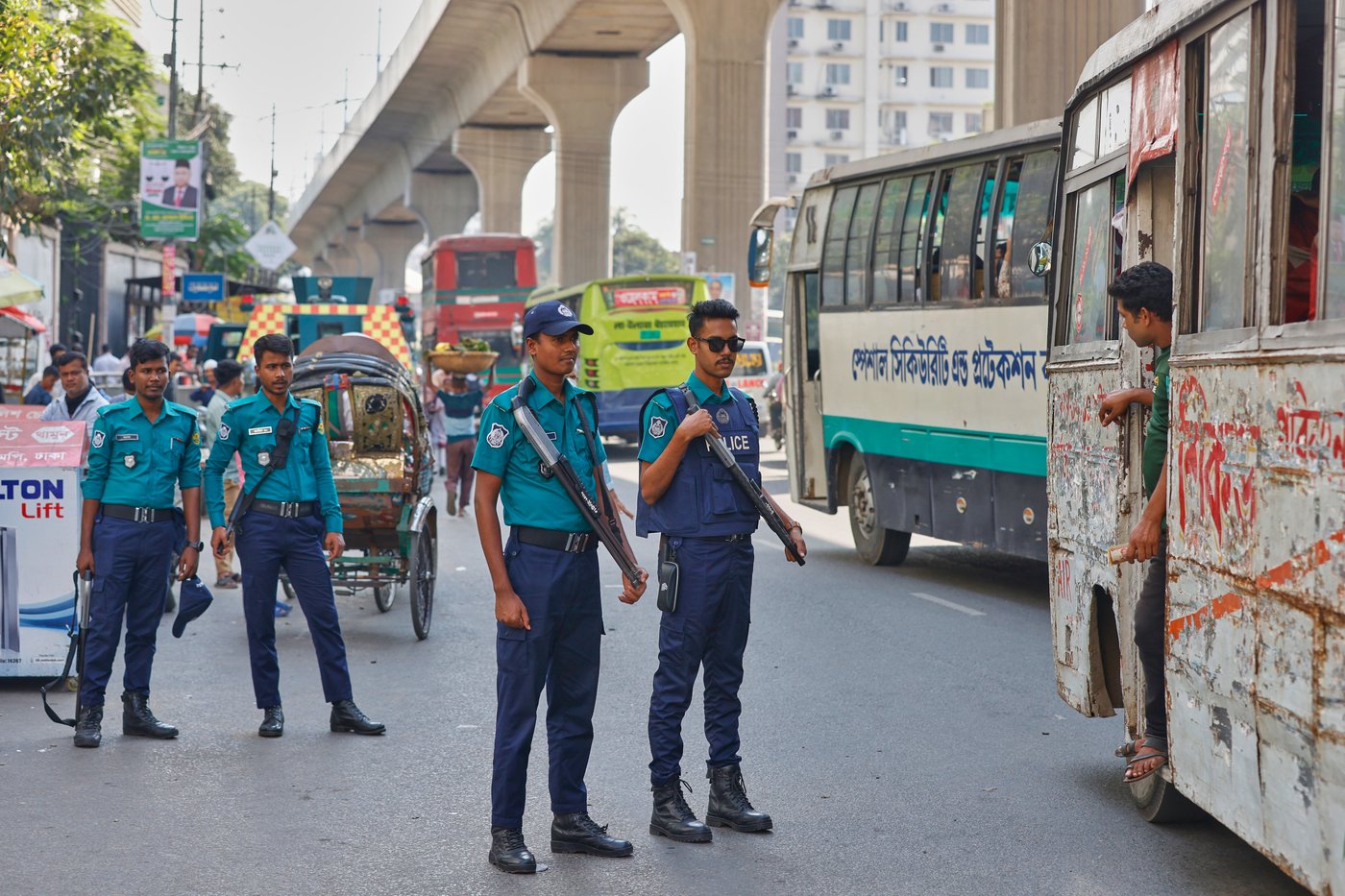
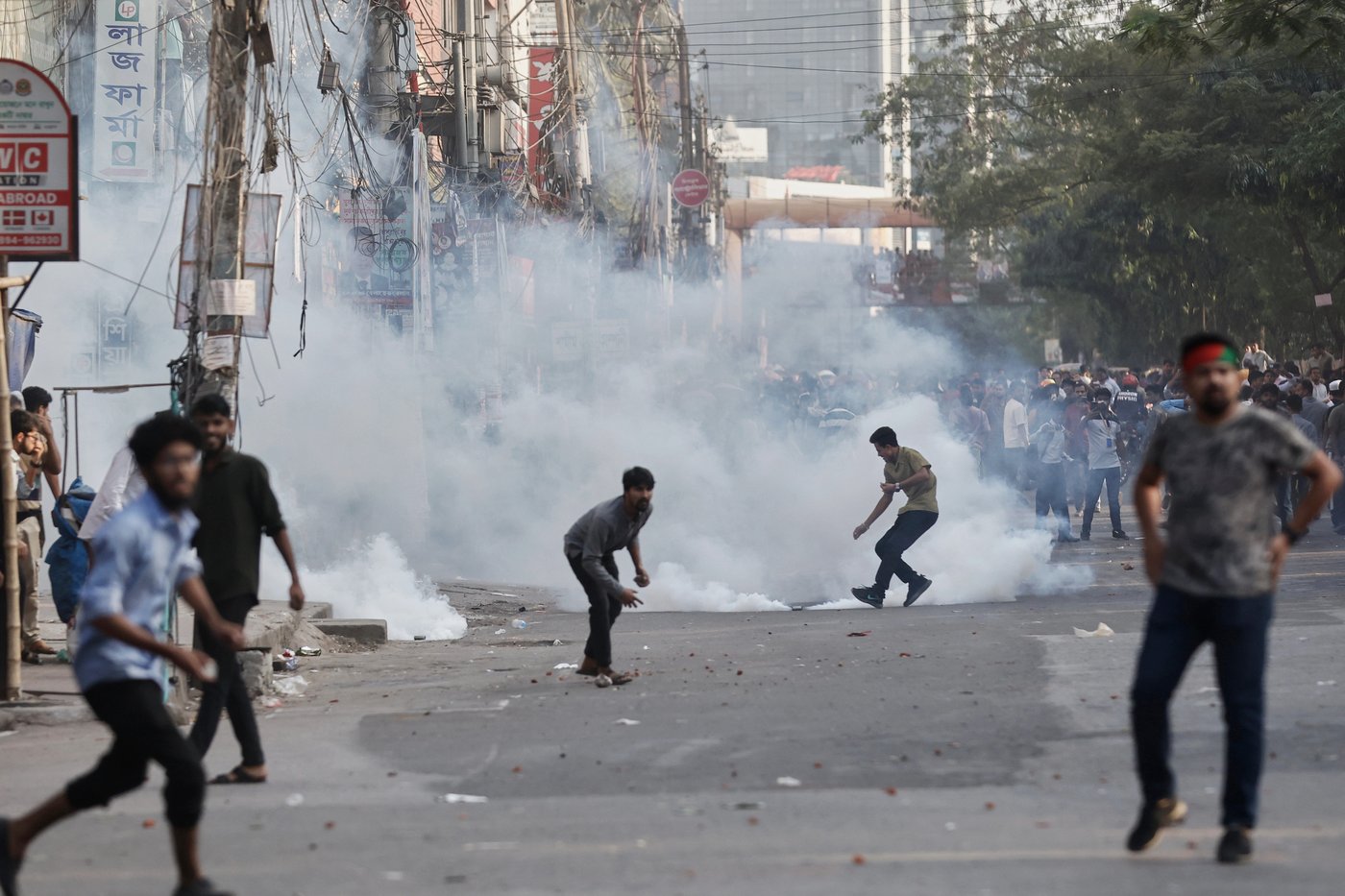
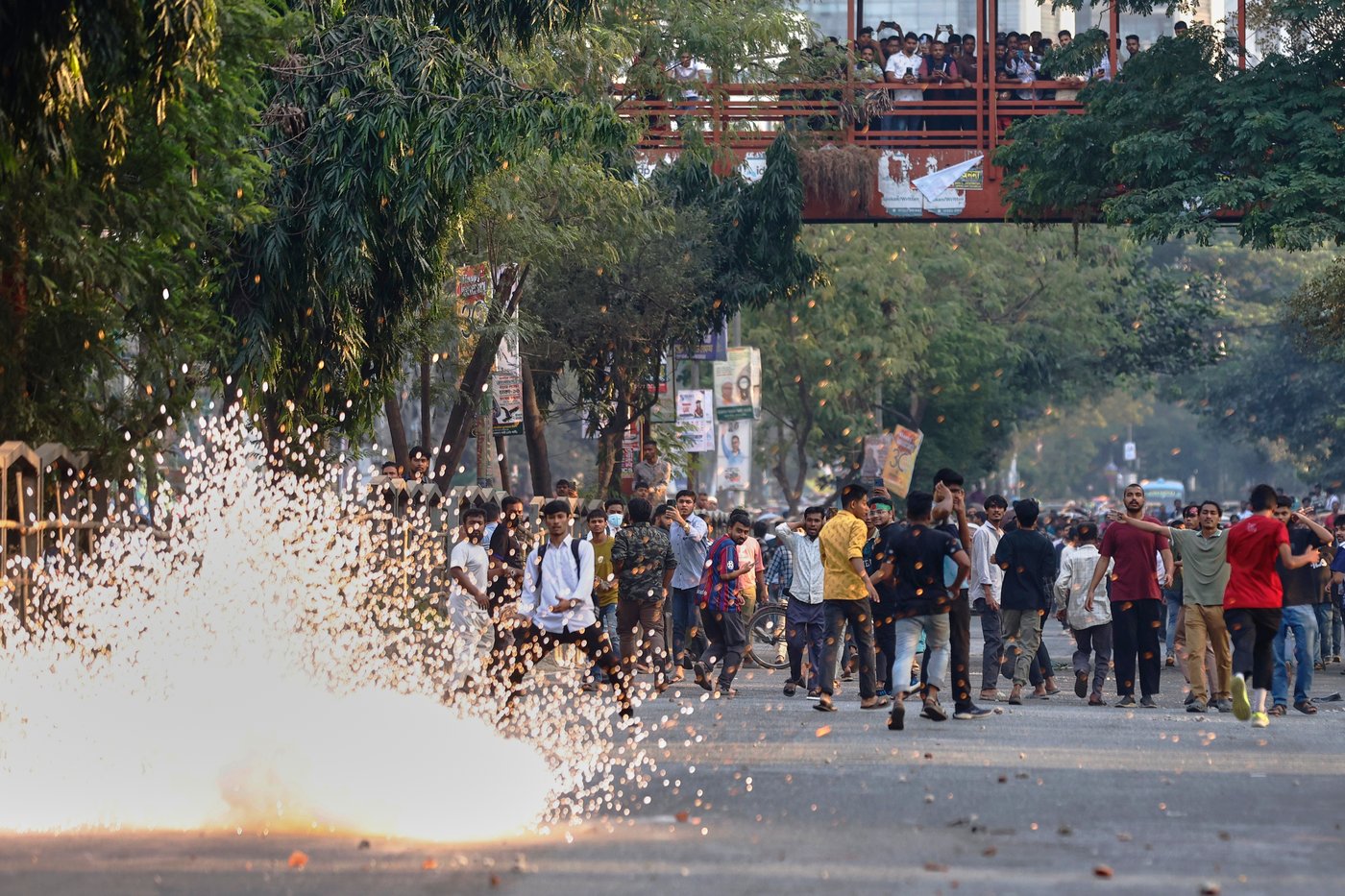
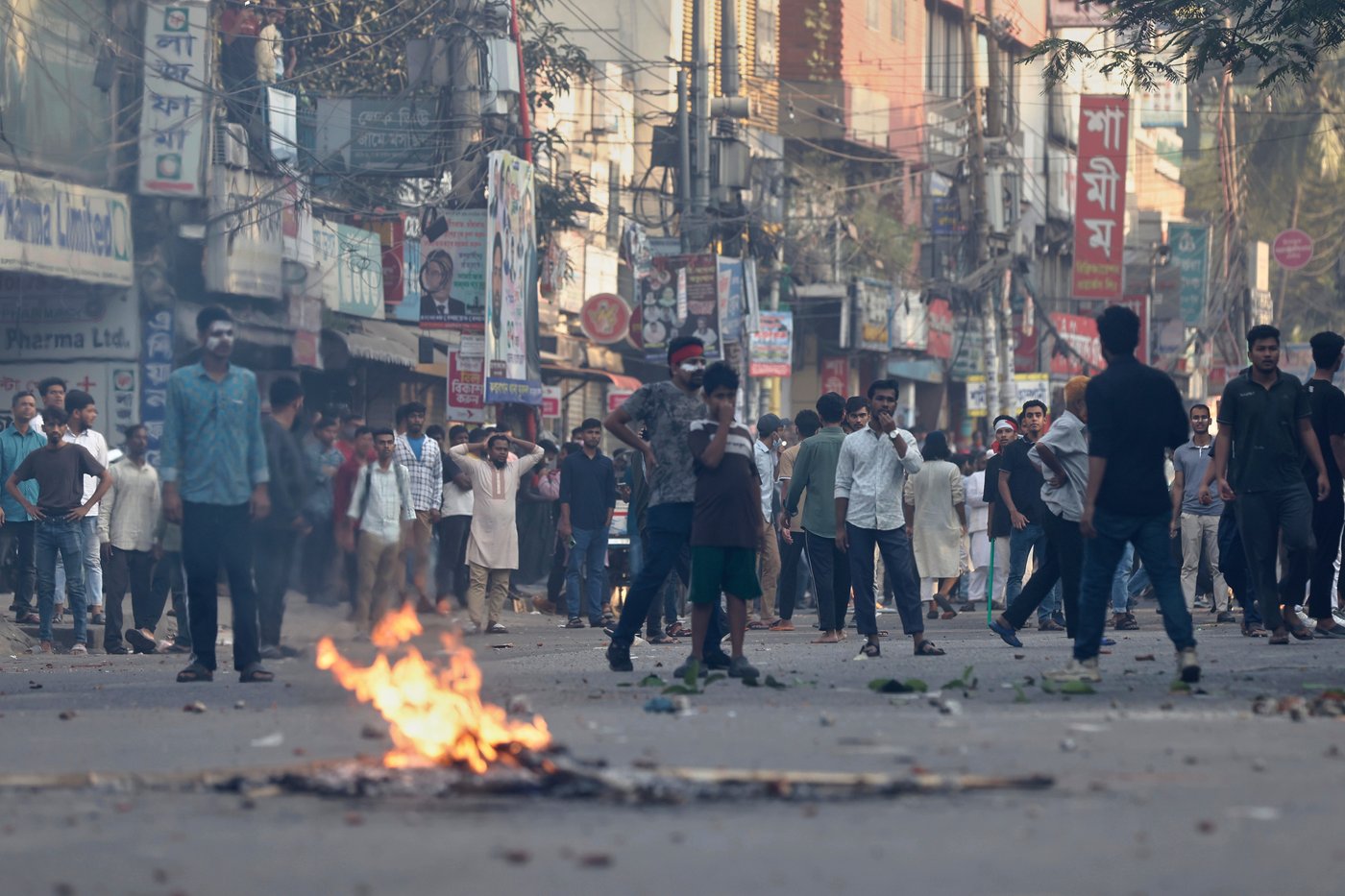
Want to share your thoughts, add context, or connect with others in your community?
You must be logged in to post a comment.